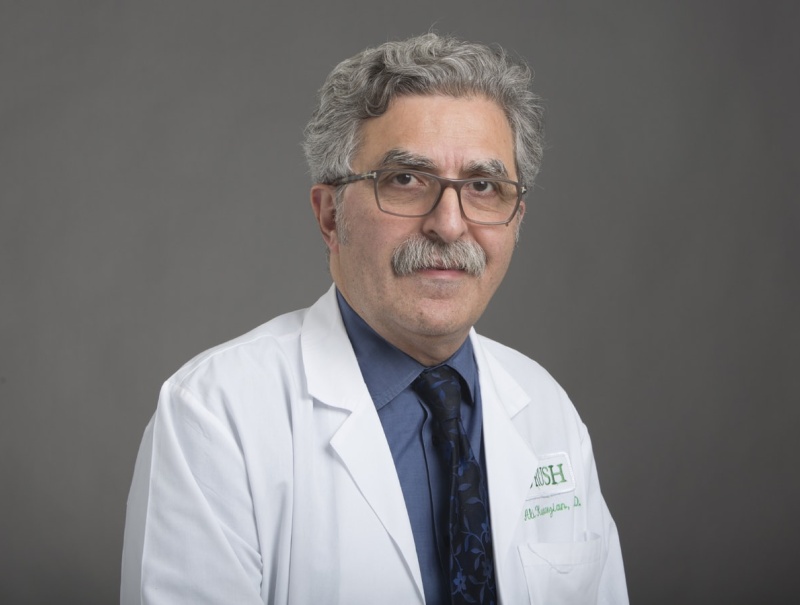Professor, Department of Internal Medicine

Rush Medical College
Professor, Department of Internal Medicine
The Josephine M. Dyrenforth Chair of Gastroenterology
Professor, Department of Physiology
Professor, Department of Anatomy & Cell Biology
Associate Dean for Faculty Mentoring, Department of Internal Medicine, Division of Digestive Diseases and Nutrition, Section of Gastroenterology, RUSH Medical College
Physician-Scientist, Director, RUSH Center for Integrated Microbiome & Chronobiology Research
